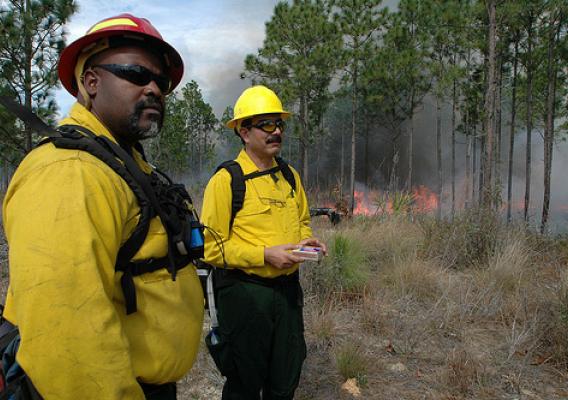Cross posted from the White House Council on Environmental Quality blog:
I was recently in Atlanta, Georgia to speak at the North American Wildlife and Natural Resources Conference about Working Lands for Wildlife, a new effort to focus both conservation dollars and wildlife management expertise on the recovery of seven at-risk, threatened or endangered wildlife species. This unique approach to conservation concentrates federal resources on private working lands—home to a majority of candidate and listed species under the Endangered Species Act. Working Lands for Wildlife was developed by the Department of Agriculture and the Department of the Interior through their membership in the White House Rural Council.
Working with farmers, ranchers and forest landowners is critical to President Obama’s vision of an economy built to last, one where rural communities provide clean air, clean water and wildlife habitat to generate economic opportunities for outdoor recreation and jobs, while protecting farm and ranch traditions. Working Lands for Wildlife demonstrates the President’s focus on the rural economy and his commitment to keep working lands working.








